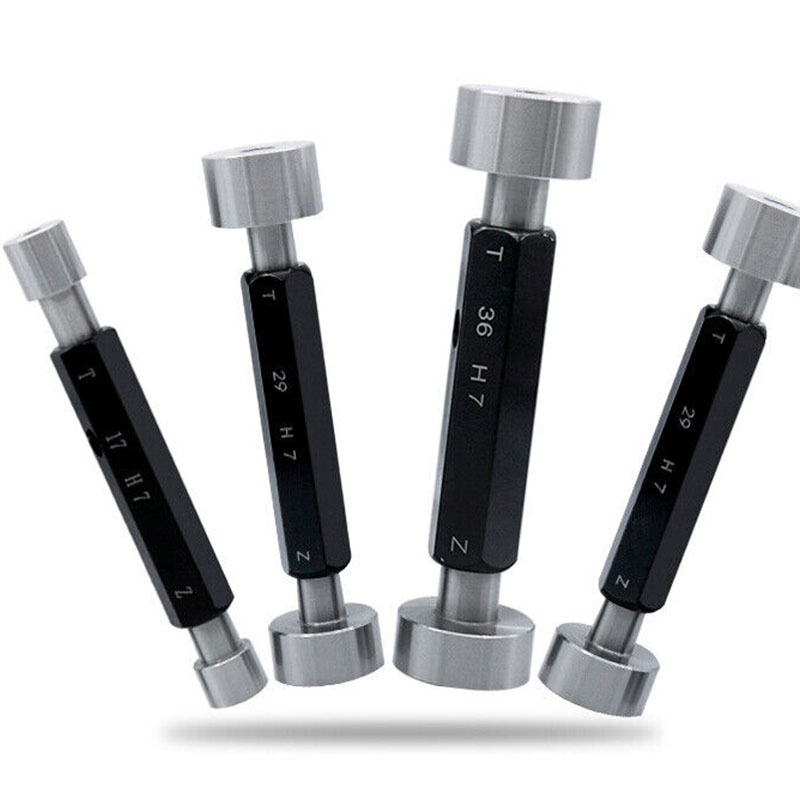Aug . 20, 2024 02:02 Back to list
Granite Surface Plates for Precision Inspection and Metrology Applications
The Importance of Granite Inspection Surface Plates in Precision Measurement
In the realm of precision measurement and quality control, granite inspection surface plates play an indispensable role. These flat, stable surfaces are fundamental tools in industries ranging from manufacturing and aerospace to automotive and engineering. Their significance lies not only in their remarkable physical properties but also in their reliability and accuracy in demanding environments.
Granite, a natural stone composed primarily of quartz, feldspar, and mica, possesses a range of features that make it particularly suitable for use as an inspection surface. One of the foremost qualities of granite is its exceptional hardness, which allows it to withstand heavy use without warping or degrading. This durability ensures that granite surface plates remain flat and stable over time, which is crucial for precision measurements. A highly flat surface is essential for effective calibration and inspection processes, as even minor deviations can lead to significant errors in measurement.
Another significant characteristic of granite is its resistance to temperature fluctuations and thermal expansion. Unlike materials such as metal or plastic, granite does not expand or contract appreciably with changes in temperature. This stability ensures that measurements taken on a granite surface plate remain accurate, regardless of environmental conditions. For industries where precision is paramount, such as aerospace and electronics, this characteristic cannot be overstated.
Moreover, granite's non-porous nature contributes to its suitability as an inspection surface. This property makes granite resistant to staining and easy to clean, ensuring that no contaminants interfere with the accuracy of measurements. The ease of maintenance and longevity of granite surface plates further underscore their cost-effectiveness, as they can provide reliable service for many years when cared for properly.
granite inspection surface plate

Granite inspection surface plates come in various sizes and configurations, catering to a diverse array of applications. From small, portable plates used in field measurements to large, fixed installations in quality control laboratories, these plates can accommodate a wide range of inspection tasks. The versatility of granite allows for customization according to specific measurement needs, including additional features like machined holes, t-slots for fixture setups, and laser engraving for reference lines.
In addition to their physical attributes, granite inspection surface plates have a profound impact on workflow efficiency in manufacturing and inspection processes. By providing a reliable and consistent reference point, these plates minimize the time spent on recalibrating measuring instruments and enhance the overall accuracy of inspections. This efficiency translates to reduced waste and improved product quality, which are critical factors in maintaining competitiveness in today’s fast-paced market.
Furthermore, employing granite surface plates in inspection routines encourages a culture of precision and quality within organizations. The emphasis on accurate measurements fosters a mindset focused on excellence, which can lead to improved practices in production and engineering. This commitment to quality not only benefits the company but also enhances customer satisfaction by delivering products that meet or exceed expectations.
In conclusion, granite inspection surface plates are invaluable tools in the quest for precision and accuracy in measurement. Their unique characteristics—hardness, resistance to temperature fluctuations, non-porosity, and versatility—make them indispensable in various industrial applications. As industries continue to prioritize quality and efficiency, the role of granite surface plates in achieving these goals will remain critical, ensuring that businesses can consistently deliver high-quality products in a competitive landscape. Investing in granite inspection surface plates is not merely a choice; it is a requisite for any organization serious about maintaining standards of excellence.
-
Ball Valve Body Types — Durable, Customizable, In StockNewsNov.05,2025
-
Spline Gauge Precision | Custom Design & ISO CertifiedNewsNov.04,2025
-
Ball Valve Body Types: Durable, Corrosion-Resistant BuildNewsNov.03,2025
-
Knife Edge Ruler | Precision Straightedge for InspectionNewsNov.03,2025
-
Inspection Ruler – Precision Measuring, Durable & CertifiedNewsNov.03,2025
-
Types of Micrometer: Pro-Grade Sets, Thread & StandardsNewsNov.03,2025
Related PRODUCTS









